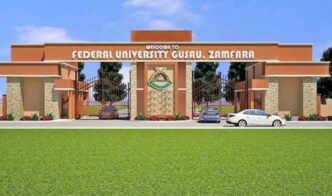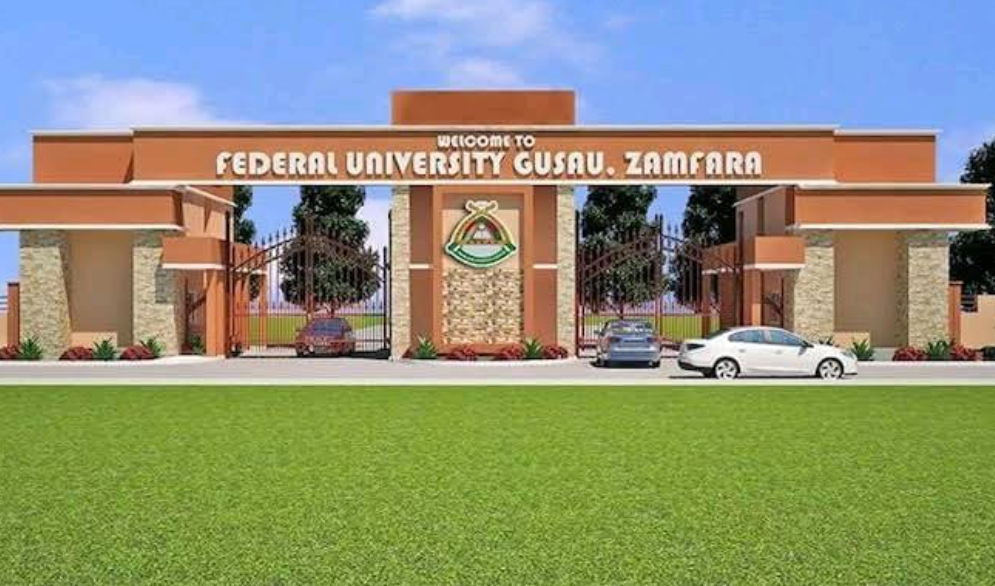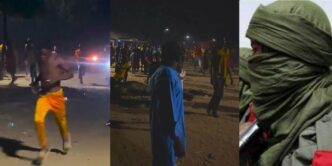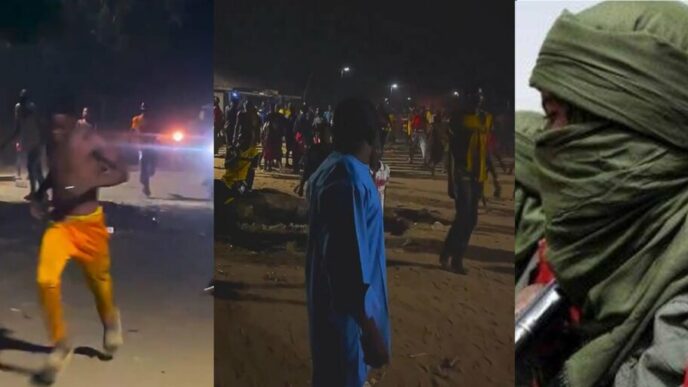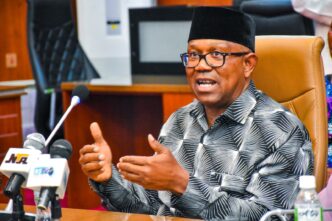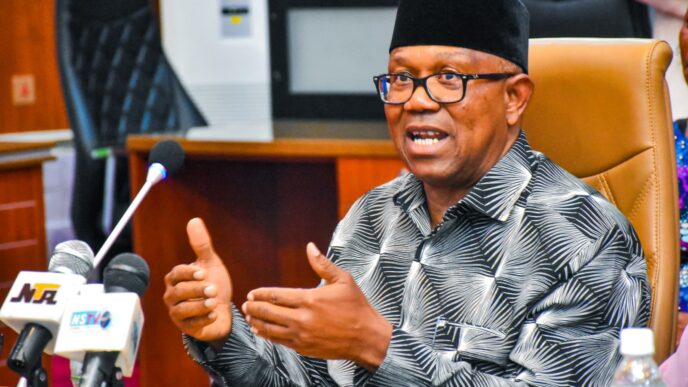The Zamfara State Government has ruled out closing schools despite the sharp rise in student abductions across northern Nigeria.
The decision has surprised many parents, especially after recent mass kidnappings in Kebbi and Niger States created fresh fear in several communities.
However, officials insist that learning must continue and that stronger measures have already been deployed to protect pupils.
Commissioner for Education, Science and Technology, Wadatau Madawaki, addressed the issue during an event in Gusau.
He said the state would not join others that have shut schools due to security concerns.
Instead, he explained that new arrangements have been put in place to keep schools running safely.
This aligns with the government’s push to improve Zamfara school security without disrupting the academic calendar.
Madawaki stressed that security steps were already active even if not publicly disclosed.
According to him, “We have already done what we are supposed to do, and when you talk about security, you do not disclose your actions to the media.
But we have taken steps to safeguard the interests of our students. The security of the schools and children is well taken care of.”
He added that security agencies were working closely with the state to prevent attacks.
“We are in contact with all the security agencies, and they are giving us the necessary support to ensure our schools operate without hindrance. We believe nothing will happen, and our education will continue to flourish until the end of the academic term,” he said.
Furthermore, Madawaki explained why some states opted to close schools.
He noted that many of them run boarding systems where students remain on campus overnight.
These schools face higher risks because bandits often strike when students are asleep.
In Zamfara, however, most schools operate during the day, which reduces the threat level.
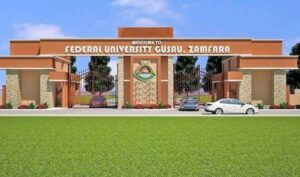
He said, “As of now, most of the states that have closed their schools operate boarding systems where students stay in hostels.
Bandits often strike at night when people are asleep. Here, we are yet to resume our boarding system. Our schools run during the day.”
Meanwhile, he clarified that schools in unsafe areas had already been shut until conditions improve.
“Where we feel there is insecurity, the schools have already been closed. Where there is relative peace, we have allowed students to continue since the term is almost ending. If there is a need to extend holidays, we shall do so,” he added.
Higher institutions in the state face a different situation.
He revealed that the state university, polytechnic and college of education will remain on break longer because they house boarding students.
Their return may be shifted to January after a fresh security review.
The rising wave of attacks has triggered urgent responses in many states.
In Niger, armed men abducted 303 pupils and 12 teachers from St Mary’s Catholic School last Friday, though about 50 pupils escaped later.
Security teams, hunters and vigilantes continue the search for the remaining captives.
In Kebbi, 25 schoolgirls were taken after a staff member was killed.
Therefore, several states, including Katsina, Taraba, Plateau, Bauchi and Kebbi, have ordered full or partial shutdowns.
The Federal Government also directed 47 Unity Colleges to close for safety reasons.
UNICEF condemned the mass kidnappings, while church leaders confirmed the number of children missing.
President Bola Tinubu described the incidents as “depressed,” ordering defence chiefs to relocate to the affected states.
He also cancelled planned travel to monitor rescue operations closely, saying he would not “relent” and stressing that securing the abducted students remains “a national priority.”
